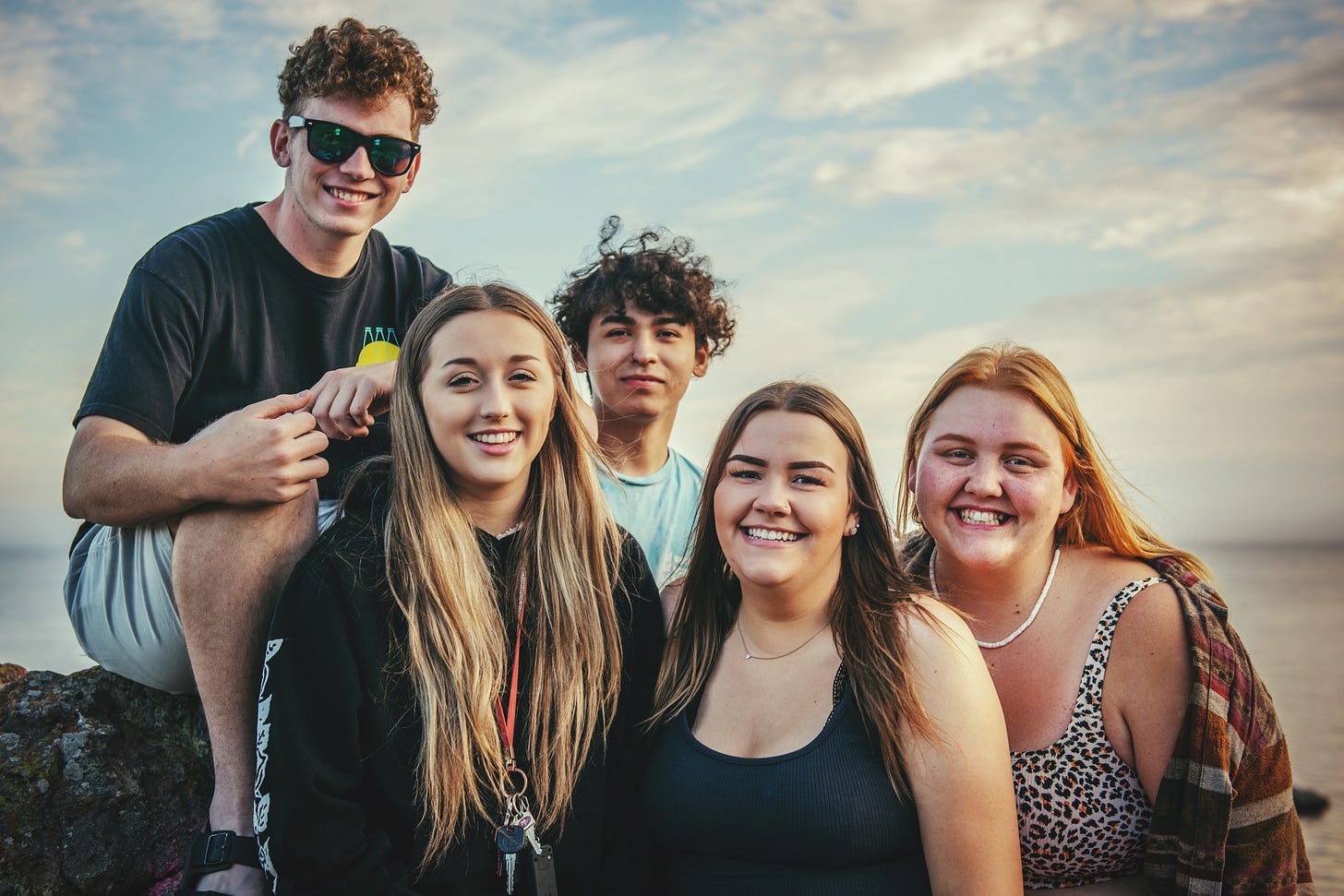Beware of Archaic Attitudes and Their Negative Influence on Your Sense of Place
The feeling of belonging is instrumental to our well-being

Our sense of place usually starts in our family of origin. This can be particularly complex for adopted people; depending on their age, when the adoption occurred, they may consider their biological family as their family of origin over the family they were raised in or vice versa.
I feel strongly that those of us outside the adoption sphere can learn by listening to the stories of adoptees. We can improve how we communicate to help build belonging and minimise some adoptees' feelings of rejection, identity confusion, and loss.
I was recently in the company of a man who continually spouted hate, judgment, and stigmatizing opinions and perpetuated attitudes from fifty years ago. Not only was he aggressively homophobic and sexist, but his attitude toward adoptees left me feeling violated on every adoptee’s behalf.
“My sister has four sons and an adopted boy.”
I wanted to scream at him, “No, your sister has five sons!” there was no need to differentiate…




